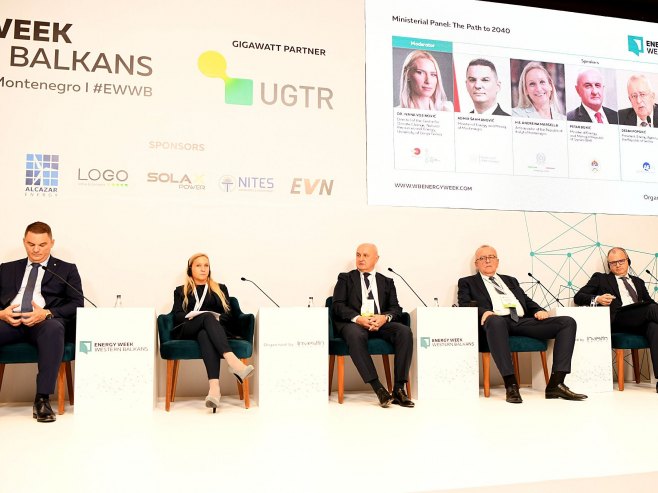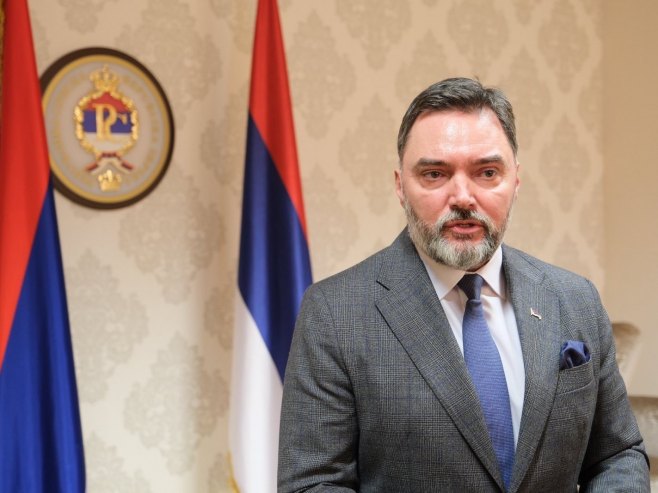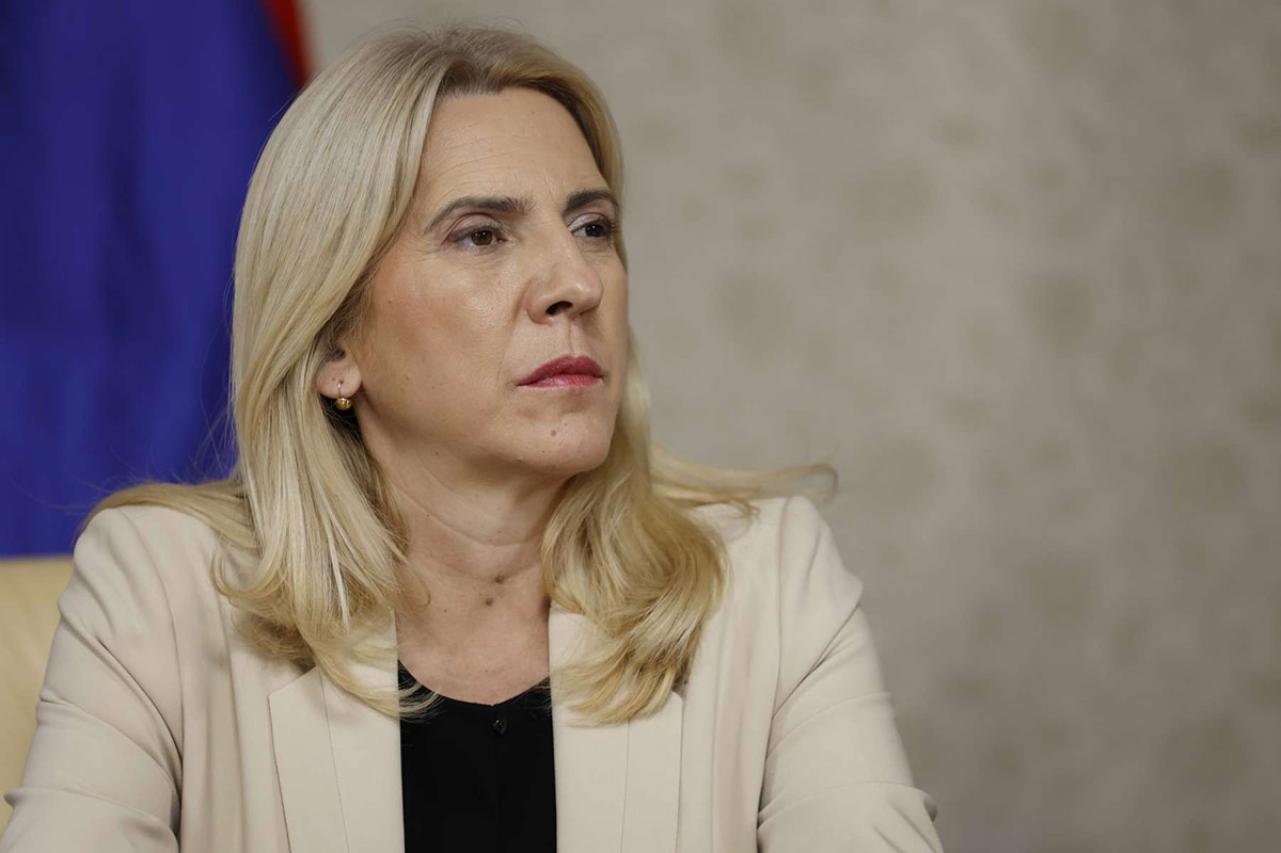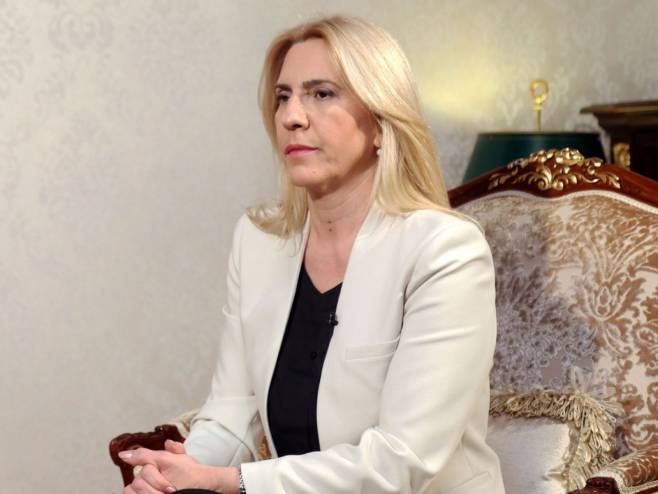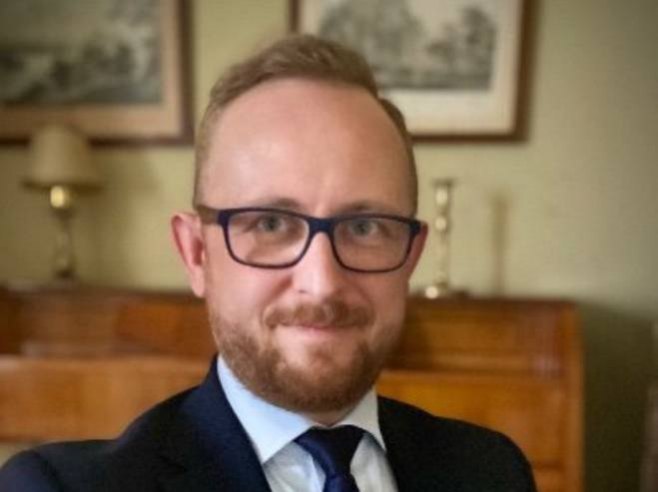The Minister of Energy and Mining of Republika Srpska, Petar Đokić, announced that Republika Srpska has so far signed multiple agreements with domestic and foreign partners in the energy sector, totaling around 2,170 megawatts of installed capacity, representing investments worth approximately five billion KM.
Speaking at the ministerial panel in Montenegro, during the Western Balkans Energy Week Conference, Đokić explained that these capacities include existing and planned hydro, solar, and wind energy projects, marking a significant step toward strengthening the energy stability of Republika Srpska.
He presented the entity’s achievements, strategy, and comparative advantages in the energy sector, emphasizing that these investments are the result of a clearly defined development strategy and consistent implementation of energy sector reforms.
“Republika Srpska is a secure and attractive destination for investment,” Đokić said, inviting international partners to expand cooperation.
Expanding renewable capacities
The minister recalled that Republika Srpska has already adopted all key strategic documents and transposed EU energy regulations through five laws, establishing a stable legal and institutional framework for investments in renewable energy and energy efficiency.
A significant share of planned capacities, he said, will be owned by Elektroprivreda Republike Srpske, the key strategic enterprise ensuring energy security.
So far, two solar power plants of 60 and 10 MW and one hydro plant of 37 MW have been built, while around 1,540 smaller solar systems and 55 small hydro plants have been constructed over the past decade.
Currently, construction is underway on two major hydropower plants — one of 159 MW and another of 34 MW — as well as on the Buk Bijela Hydropower Project, developed jointly with Serbia.
“Two wind farm contracts have been signed — one project is already in an advanced construction phase, while new capacities are being prepared. The plan is for all contracted projects to be completed within the next three years, further increasing the share of clean energy in total production,” Đokić noted.
Warning about EU carbon policy impact
Đokić highlighted challenges stemming from European policy, particularly the upcoming implementation of the Carbon Border Adjustment Mechanism (CBAM), warning that it could severely affect the local economy.
“If the rest of the world doesn’t follow the EU’s carbon policies, the question is whether Europe has the right to impose new obligations that cause direct economic disruptions,” he said.
He stressed that Republika Srpska’s request to delay CBAM implementation beyond January 1, 2026, is justified, noting that BiH has already met the final condition — the adoption of the Law on the Regulator, Transmission, and Electricity Market of BiH, now in parliamentary procedure.
“We expect the European Commission to accept our arguments and approve the postponement,” Đokić added.
Strengthening the transmission network
The minister emphasized that alongside production capacity expansion, greater attention must be paid to the transmission network, as growing consumption and new projects require substantial infrastructure investment.
“This must be viewed as a regional issue, because stable power transmission is a prerequisite for sustainable energy development across the Western Balkans and for ensuring a reliable electricity supply to both industry and citizens,” Đokić said.
He also pointed to the need for stronger partnerships with European financial institutions, whose current engagement, he noted, does not meet expectations.
“Conferences like this are an opportunity to draw attention to the importance of improving investment cooperation,” Đokić concluded.
In addition to Minister Đokić, the panel featured Montenegrin Energy Minister Admir Šahmanović, Italian Ambassador to Montenegro Andreina Marsella, President of Serbia’s Energy Agency Dejan Popović, and Daniel Calderon, co-founder and executive partner of Alcazar Energy.
During the event, Đokić also held several bilateral meetings with representatives of companies interested in developing projects in Republika Srpska.
Source: RTRS



